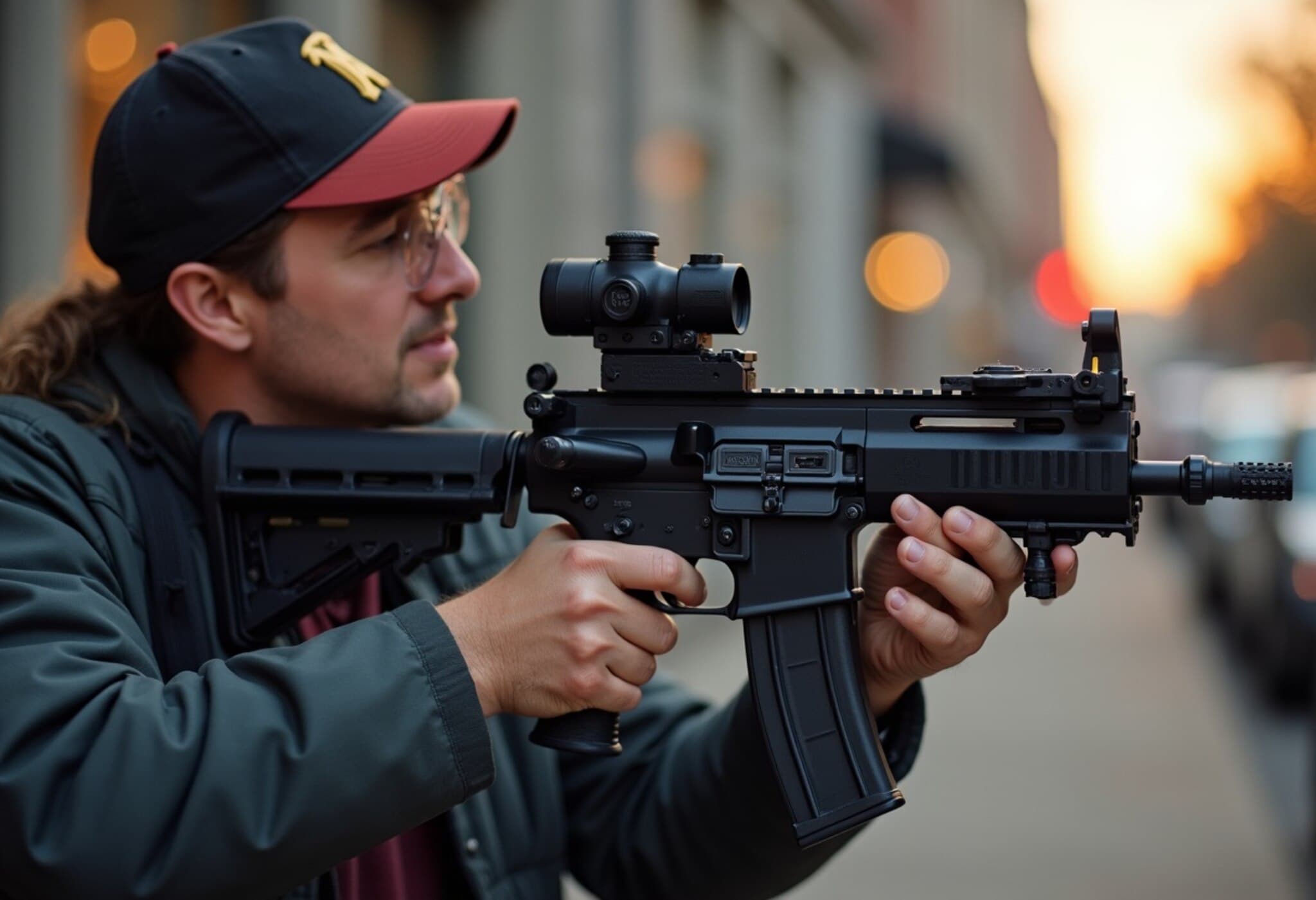Rhode Island Moves to Ban Sale and Manufacture of Assault Weapons
In a significant move, Rhode Island's Democratic-controlled state House has approved legislation aiming to prohibit the sale and manufacturing of many semiautomatic rifles often labeled as assault weapons. The bill now awaits approval from Governor Dan McKee, a Democrat who has expressed strong support for such bans.
Joining a Growing List of States with Assault Weapon Restrictions
If enacted, Rhode Island will become one of eleven states imposing some level of restriction on high-powered firearms—categories linked to numerous mass shootings across the nation. This follows persistent advocacy from gun control supporters who have pushed for an assault weapons ban in the state for over ten years despite ongoing debates over its necessity and legality.
What the Bill Covers—and What It Doesn’t
Notably, the legislation targets only the sale and manufacture of assault weapons, leaving possession untouched – a distinction few states share, with Washington being the only one with a similar law. Importantly, even if residents attempt to buy an assault weapon in neighboring states, federal law prohibits them from bringing such firearms back to Rhode Island.
Different Approaches in Other States
Other states and cities impose more comprehensive bans. Nine states and the District of Columbia prohibit possession of assault weapons. States like New York and California, as well as cities including Los Angeles, have stringent regulations, while Hawaii bans assault pistols specifically.
Voices from the Debate: Supporters and Opponents
During floor debates, Democratic Representative Rebecca Kislak advocated for the bill as a modest but important step aligning Rhode Island with its neighbors. She acknowledged it doesn't go far enough but said, "Given the opportunity to do this or nothing, I am voting to do something."
On the other side, opponents criticized the bill for targeting law-abiding citizens rather than criminals. Republican Senator Thomas Paolino stated, "This bill doesn't go after criminals, it just puts the burden on law-abiding citizens." Meanwhile, House Minority Leader Michael Chippendale anticipated a Supreme Court challenge, calling the legislation a waste of resources.
The opposition wasn’t limited to Republicans. Prominent gun control advocate David Hogg and the Rhode Island Coalition Against Gun Violence described the proposed law as the "weakest assault weapons ban in the country." Hogg emphasized that Rhode Islanders deserve a law banning both the sale and possession to ensure public safety.
Countering this view, Elisabeth Ryan from Everytown for Gun Safety defended the bill, pointing out that any ban represents progress over the current absence of restrictions. Ryan highlighted that the legislation would create an enforceable ban similar to Washington state's, which has effectively removed assault weapons from store shelves.
The Legal Landscape and Supreme Court Prospects
Assault weapons bans nationwide have faced legal challenges asserting they infringe on Second Amendment rights. AR-15 style rifles remain some of the best-selling firearms in the U.S., adding to the contentiousness of these measures.
The Supreme Court, now with a conservative majority, has yet to fully weigh in on these bans. Earlier this year, it declined to hear a case challenging Maryland’s assault weapons ban, yet some justices signaled skepticism toward such restrictions. Justices Alito, Gorsuch, and Thomas publicly dissented, while Justice Kavanaugh suggested the court might consider related cases within the next few terms.












